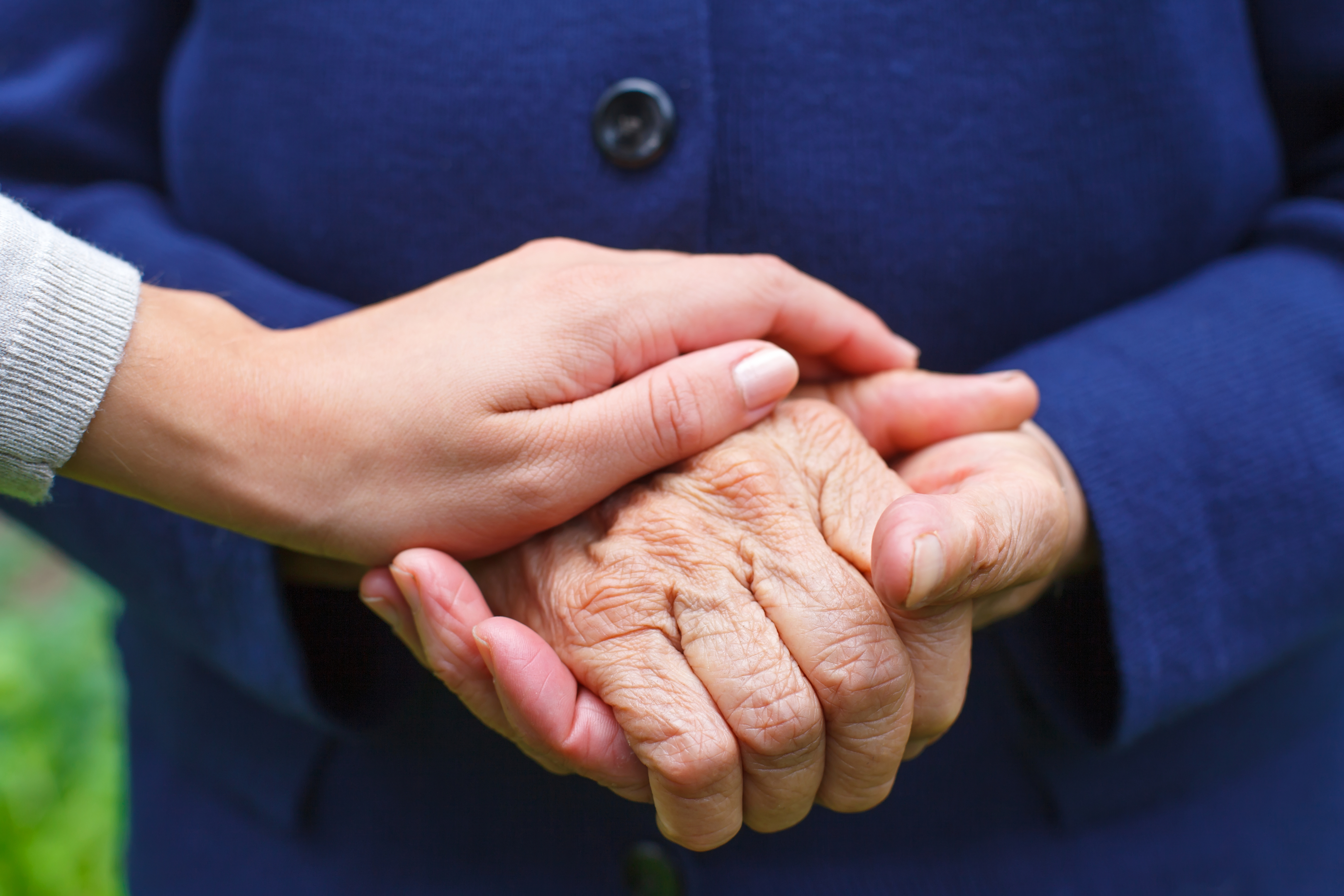
BEING married could help stave off dementia, a new study suggests.
Levels of social interaction could explain the finding, experts have said, after the research showed that people who are single or widowed are more likely to develop the disease.
Experts conducted an analysis of 15 studies which held data on dementia and marital status involving more than 800,000 people from Europe, North and South America, and Asia.
Their study, published in the Journal of Neurology, Neurosurgery, and Psychiatry, concluded that lifelong singletons have a 42% elevated risk of dementia compared with married couples.
Those who have been widowed had a 20% increased risk compared with married people, they found.
But no elevated risk was found among divorcees compared with those who were still married.
The researchers, led by experts from University College London, said that previous research has shown that married people may adopt healthier lifestyles.
They may also be more likely to be socially engaged than singletons.
Meanwhile, the effect observed in people who have been widowed could be due to stress that comes with bereavement, they added.
Another explanation could be that developing dementia could be related to other underlying cognitive or personality traits.
Commenting on the study, Dr Laura Phipps of Alzheimer’s Research UK, said: “There is compelling research showing married people generally live longer and enjoy better health, with many different factors likely to be contributing to that link.
“People who are married tend to be financially better off, a factor that is closely interwoven with many aspects of our health.
“Spouses may help to encourage healthy habits, look out for their partner’s health and provide important social support.
“Research suggests that social interaction can help to build cognitive reserve – a mental resilience that allows people to function for longer with a disease like Alzheimer’s before showing symptoms.
“While people who are unmarried or widowed may have fewer opportunities for social engagement as they age, this certainly isn’t always the case. This research points to differences in levels of physical activity and education underlying much of the differences in dementia risk between single, married and widowed people.
“Staying physically, mentally, and socially active are all important aspects of a healthy lifestyle and these are things everyone, regardless of their marital status, can work towards.”
The study was published as Alzheimer’s Research UK launched its Christmas campaign calling for more funds for dementia research.
The Santa Forgot campaign, backed by presenter Stephen Fry, aims to raise awareness of the condition as well as funds for studies examining the brain.
Fry said: “The pace of progress is improving but research funding for dementia still lags behind. As other diseases move within the reach of medical science, we now understand that the great frontier is understanding the human mind.
“Just like aspiring to be a seafarer in the 18th century to discover the world and new continents, the most exciting thing that young students can do today is research into the brain. But scientists need our support, which is why I hope that Santa Forgot will inspire many more people to get behind life-changing dementia research this Christmas.”

Enjoy the convenience of having The Sunday Post delivered as a digital ePaper straight to your smartphone, tablet or computer.
Subscribe for only £5.49 a month and enjoy all the benefits of the printed paper as a digital replica.
Subscribe